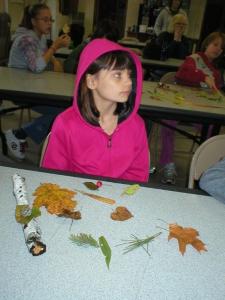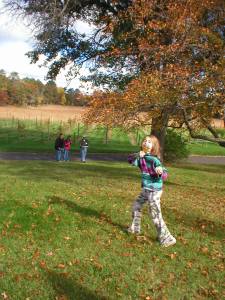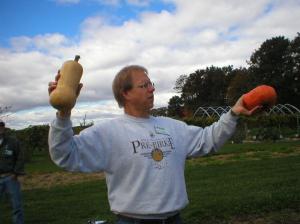December 6, 2011 – 12 p.m. – 2:30 p.m.
Lac Courte Oreilles Ojibwa Community College
13466 N. Trepania Road, Haoward, WI
Environmental Film Festival
Film: GASLAND
Below is a video clip. See and Listen to Clayton Thomas-Müller of Alberta, Canada, explain why he is a protector of the Earth. Clayton Thomas-Muller is a leader in the movement to stop the Alberta Keystone XL Pipeline. I heard from him recently with a recommendation of two Wisconsin environmental advocates:
Patricia Popple, Concerned Chippewa Citizens will speak about silica sand mines and the health and environmental risk.
Frank Koehn will speak about the Bad River Iron Ore Mine that could pollute 23 waterways of Bad River Reservation. It isn’t only Koehn and Bad River that are concerned about fresh drinking water.
Happy Tonics and Lac Courte Oreilles Ojibwa Community College (LCOOCC) and LCO Public Library are also concerned. This is way we are sponsoring the III Annual Environmental Film Fest at LCOOCC.
Learn about mining and pipelines that could contaminate precious free flowing clean water. Wisconsin is known for its pristine environment. We must protect these natural resources for our own health and for the health of future generations. Natural resources are a gift from one generation to another and should not be allowed to come to harm.
If we don’t accept responsibility now for what is happening to the earth, when? This is our last chance to stop dirty fuel which will put us at such high emissions that the “game will be up,” according to some scientists and environmental organizations.
Keystone XL pipeline: First Nations protest tar sands project | rabble.ca.









